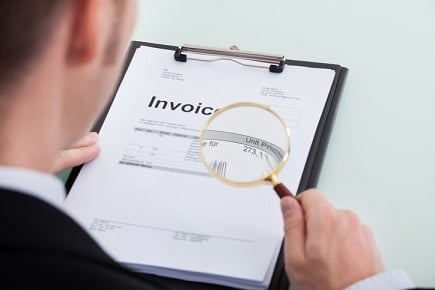Federal agencies allege that fake income – and even fake tenants – are being used to artificially inflate mortgages in the multifamily space

Federal authorities are undertaking one of the largest mortgage-fraud investigations since the financial crisis. The probe focuses on whether income from commercial properties was falsified in order to get larger mortgages, and has already led to indictments against four New York real estate executives.
Loans that the executives were involved in totaled about $170 million, according to a Wall Street Journal report. In one case, owners of an apartment complex who wanted to take out a mortgage allegedly made vacant units look occupied by turning on radios or placing shows and mats outside doors. In one instance, the owners had a woman tell inspectors that her boyfriend was sleeping inside, according to WSJ. The owners got a loan of $45.8 million.
Investigators have sought mortgage data on dozens of apartment buildings, WSJ reported. Many of the mortgages being investigated were sold and bundled into mortgage-backed securities. In fact, about $1.5 billion on securities issued by Fannie Mae and Freddie Mac are backed by mortgages from just one of the developers under investigation.
The FBI, the US Attorney’s Office for the Western District of New York, and the Federal Housing Finance Agency’s Office of the Inspector General are all involved in the probe, WSJ reported.
The alleged fraud is possible because of a key difference in the rules between single-family mortgages and multifamily loans. Dodd-Frank requires single-family home borrowers to document their income, and lenders to verify it. That rule doesn’t apply to multifamily, however. Lenders in the multifamily space review borrower-submitted data to make sure that properties earn enough income to repay loans, but they usually don’t examine every single lease, WSJ reported. Neither do Fannie and Freddie.
“All the systems will work fine as long as people are being honest, Sam Berns, senior vice president at NorthMarq Capital, told WSJ. But if borrowers or originators choose to do so, Berns said, it’s easy to submit and certify phony numbers.
“It’s a fault and a failure within the system,” he said.


